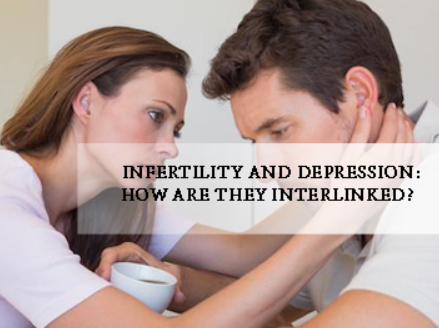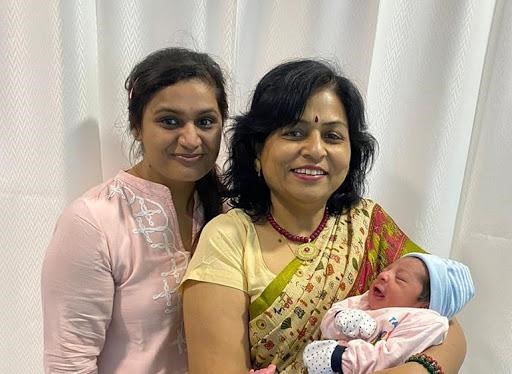While doctors have long recognized infertility as a medical issue, shame and secrecy are still prevalent among infertility patients. Dr. Meenakshi Sauhta who is the best gynecologist in Gurgaon states that it may not be easy to seek support from friends and family as a result of this. When you’ve been trying for a long time and haven’t been successful, it’s heartbreaking and frustrating, particularly if you don’t have the help of family and friends.

According to research, depression may deter people from pursuing infertility care.
While many people with fertility problems can have a child after treatment, such as in-vitro fertilization (IVF), uncertainty about whether or not the treatment will succeed can be detrimental to one’s mental health. Dr. Meenakshi, who is a gynecologist doctor in Gurgaon, believes that couples should deal with utmost patience at this stage in their life. She also claims that their state of mind has a huge role to play in their treatment.
Why people with infertility struggle from depression?
Infertility causes depression for a variety of reasons, including:
Stress: There’s a lot of it. Infertility can be a stressful situation, mainly if there is a lot of pressure to become pregnant.
Medical problems: Infertility-related medical conditions, such as polycystic ovary syndrome (PCOS), can increase the risk of depression. A study found higher rates of depression in women having PCOS.
Treatment’s mental and physical difficulties: Anxiety and depression increased as therapy progressed in women seeking infertility treatment or fertility-preserving services.
Impact of the treatment: Many fertility treatments use hormones that can often influence a person’s mood, increasing the risk of depression.
Signs that you are depressed:
It’s not uncommon to feel sad or even depressed from time to time. However, if these feelings last for a long time and negatively impact a person’s quality of life, they might be suffering from depression.
When a person exhibits five or more of the following symptoms, they may be diagnosed with depression:
- weight loss or gain not due to deliberate dieting or a health condition depressed mood for the majority of the day on most days
- loss of interest in most activities, including those an individual once enjoyed
- weight loss or gain not due to deliberate dieting or a health condition
- sleeping too much or too little most days
- feeling physically irritated or sluggish
- having low energy most days
- feeling useless, guilty, or embarrassed
- having difficulty thinking clearly or concentrating
A person’s symptoms are not attributed to drugs or drug abuse for a doctor to diagnose depression. A doctor can also check for any other mental health issues.
If another condition better explains a person’s symptoms, a doctor can diagnose them with that condition rather than depression.
Visiting the best Gynecologist in Gurgaon – when it is required:
Infertile couples who are both depressed should seek care for both conditions.
While infertility can contribute to depression, it is critical to address mental health issues as well. People that have been unable to conceive for 12 months or longer can see a doctor about infertility.
Women over the age of 35, on the other hand, can see a doctor if they haven’t been able to conceive after six months of attempting.
Before the procedure, coupled with a history of infertility, women with irregular periods and people with chronic medical conditions such as diabetes should consult a doctor. Men may be referred to a urologist, while women may be referred to a gynecologist by their family doctor.

A doctor can refer to a reproductive endocrinologist or another infertility professional.
Dr. Meenakshi Sahut is the best gynecologist in Gurgaon if any couple is looking for counseling when facing a hard time in their life.
For appointments, contact her today!